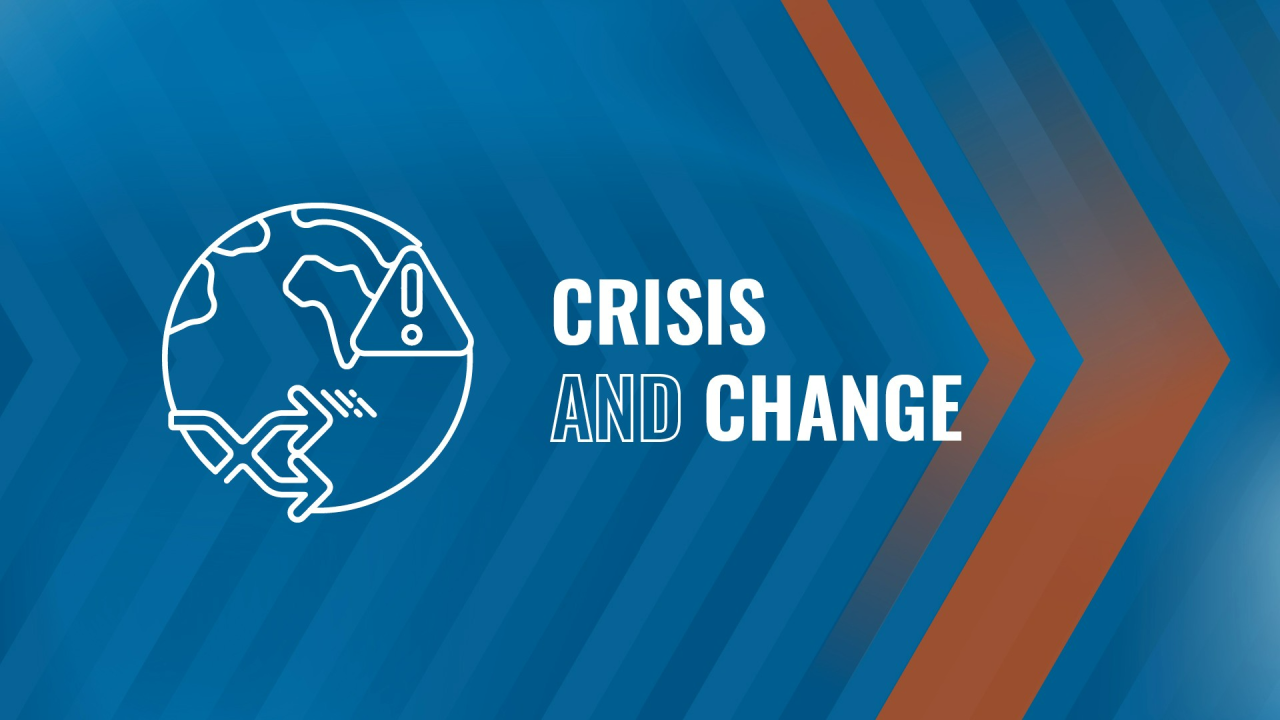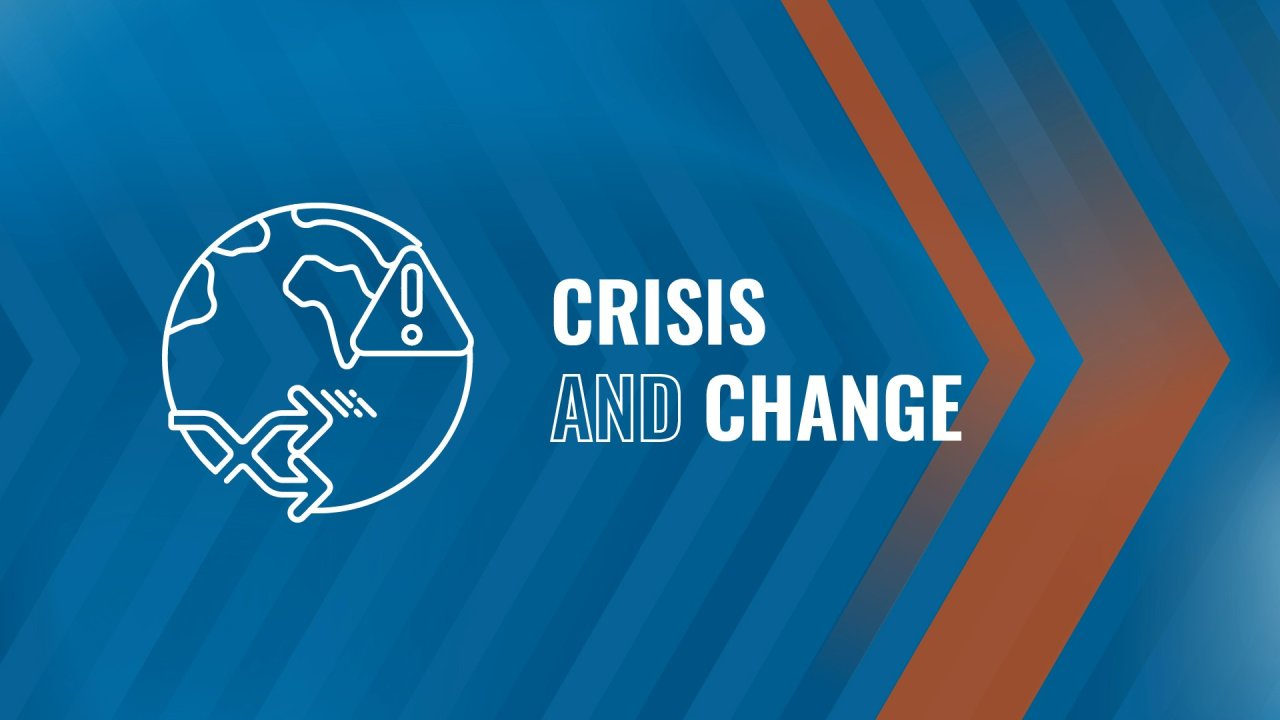

The Future of Data and Privacy
Information
Data is the lifeblood of the digital economy. Its exponential growth is essential for powerful digital technologies, such as Artificial Intelligence and the Internet of Things. However, while globally abundant, data is not equally available to everyone and its potential is not always fully exploited. This is an even more pressing concern for EU institutions: with 90% of European data currently stored and processed by a small number of US-based companies, the EU has embarked on a long journey to revolutionise its approach to data and promote privacy, digital sovereignty, industrial competitiveness, and democracy. The EU is not alone in this journey: recent years have marked a revolution in the way academics, policymakers, businesses, and civil society organisations look at data. From technology-enabled ways to protect privacy, to the launch of self-contained data spaces, and the emerging power of data collaboratives, the world is slowly learning how to maximise the benefits of data, while mitigating its risks. This session explores the value of data, its future governance, and possible ways to use data for good.
Introduction by Audrey Tang, Minister for Digital Affairs, Taiwan






